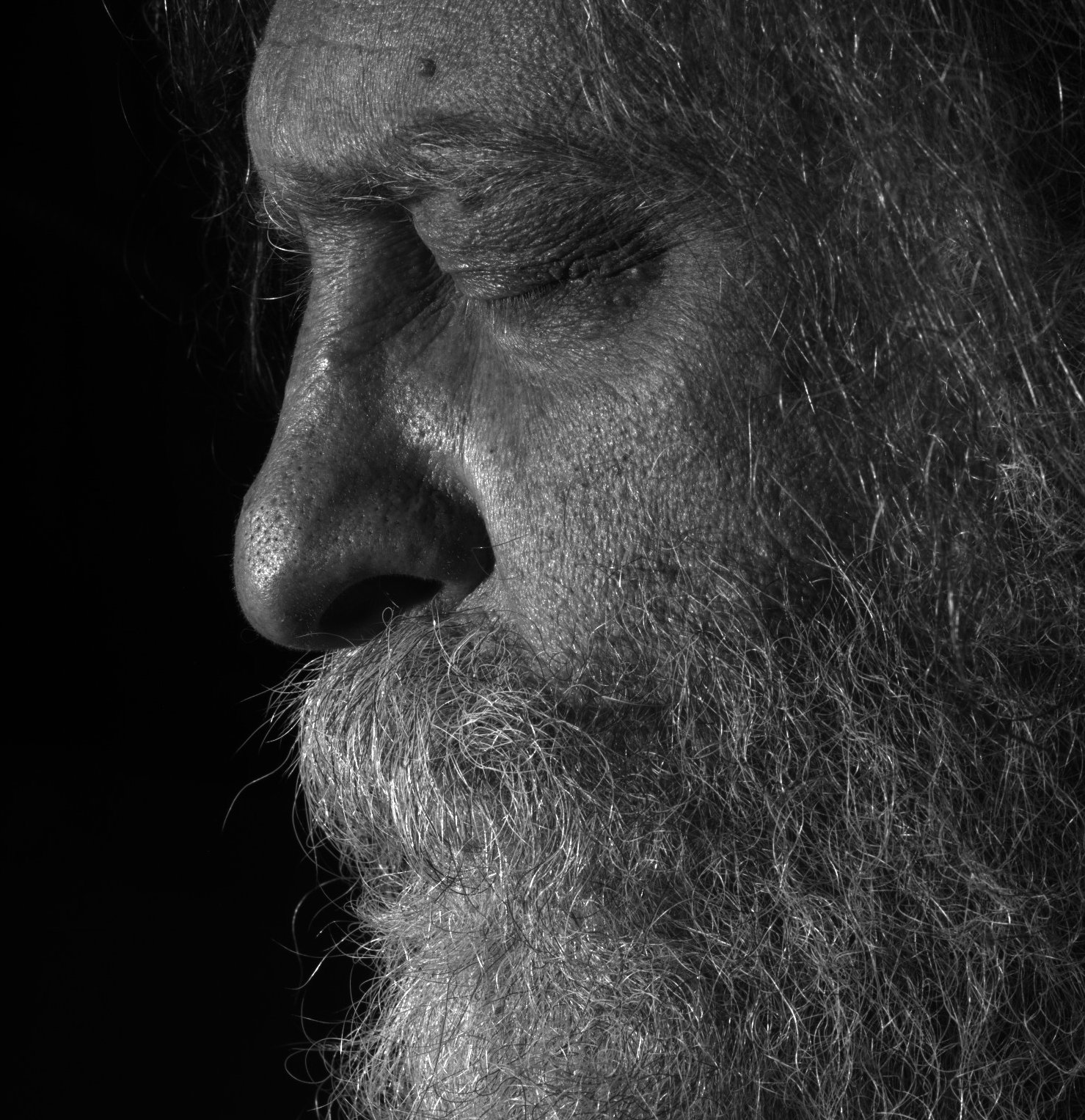My Side of the Mountain. Kid gets tired of family problems, runs away to live in the Catskills off the land on an old family farm. Befriends a librarian who lends him books on survival. He makes his own clothes from deer skin, catches his own fish with homemade hooks, lives in a hollowed-out tree, that sort of thing.
I am currently a bushwhacking bookworm. I suspect it was all that book.
“On the Shortness of Life” by Seneca, if we can call it a book. The claim that “life isn’t short, we just waste most of it” was not by itself that impactful until he started listing examples, among them Caesar Augustus. You can think what you will about him, but nobody can say that he was a lazy man sitting around doing nothing. And yet Seneca shows that Augustus in his “productive” life spent a lot of time complaining how he wished he had more free time, and so he didn’t really “live” all the time, just like someone who wastes their days drinking and gambling and whatnot. And the idea that a man who immortalized himself in history for all times “wasted” most of his life was really not something that ever occurred to me. I recommend it to everyone, it’s short and written in simple language.
Atlas Shrugged.
The part about the causes of systemic social collapse, and the part about where human creativity comes from really blew me away.
I like the dystopian aspect. The economic one is meh.
First positive review of that book I’ve ever seen
Then you dont hang around diverse enough people, I know some that hate it and some that love it, most people I know have never read it, and that’s also true of most people that have opinions about it. If you get time to read a thousand page book I always recommend that one.
His Dark Materials. I was already doubting the faith I grew up with and those books helped me finally shedding all that non-sense.
Funny. I was going to say this, but for entirely different reasons (I already didn’t have any faith).
It was one of the first books I read after/during puberty. I’m pretty sure now that it majorly influenced me in the way I thought love should be (not only between Lyra & Will) and what I thought to look for as far as love goes.
But yeah, now I know of course that it’s not at all like that :D
it’s great to see this one here. first thing that popped up on my mind
and not because of faith tbf, but because that world is so damn cool. it’s the only series I had to read more than once (probably 3x) just so I could be immersed there again
I think for me it’s Terry Pratchett’s ‘The Colour of Magic’. Not because of that book in particular, but because of it being a gateway to the Discworld as a whole.
As much as I enjoy those books, and have read almost all of them at this point, it’s more that they taught me how to be a thoughtful, empathetic person when I was a thoughtless, selfish teenager. Almost on the sly, Terry instilled values in me simply by virtue of the heroes of his stories being mostly good people who just want to have a positive impact, even if they’re flawed in different ways.
Like, Sam Vimes is undoubtedly a hero. Night Watch shows us that he strongly believes in the power of good, and that people can - and should - band together to limit the tyranny of power. But he’s also distrusting and curmudgeonly. Nanny Ogg is foul-mouthed bon viveur who places a lot of emphasis on living her best life, but she always puts her family and friends before her if she needs to. Even the Nac Mac Feegle work together for the greater good, even if, in their case, that means being able to get more drunk and fight more violently.
GNU Terry Pratchett
It was Guards!Guards! for me. GNU
Honestly, Same Vimes is my all time hero. What a character
I’ve known I was coming to computer something even from a very young age, and when I read ‘The Soul of a New Machine’ by Tracy Kidder in high school I had even done some consulting.
It was like a window directly on my future professional life. I did EE at school and have been in chip design for over 20 years. This Tracy is not a computer scientist. He is a writer, but his effective reporting of the world is so spot on.
Literarily: Ulysses. Such a layered work, poetical and so run through with themes and styles.
Philosophically: the mind’s I by Dennet and Hofstaedter, great selection of articles surrounding consciousness and digital structures.
The Mind’s I lead me to Lem, which lead to Tarkovsky which lead to “serious film” in general…
Days of War, Nights of Love, by the Crimethinc Ex-Workers Collective.
I’m not gonna pretend I’m now some completely freegan anarchist living on the fringes of society or anything like that, but this book really opened my eyes up to what it means to live and the weight of making (or not making, more often) choices about how you live your life.
It was also the kick in the teeth I really needed at the time to finally break free from the (imo rather oppressive) religious structure I had grown up in. I think it would have happened eventually anyways, but it really did a great job of making for a good clean break, in a way where I really feel no lingering regret about it whatsoever (again, choosing how to live), other than maybe wishing it had happened sooner.
I just really wish I had kept in touch with the person that gave me the book in the first place.
Just ordered my copy.
1984- one hell of a way to start caring about politics
1984- one hell of a way to start caring about politics
1984- one hell of a way to start caring about politics
1984- one hell of a way to start caring about politics
Hyperion, first of all it’s just great and should be right up there with other classics. Second, in this age of AI I keep thinking back to Hyperion.
The Bible as lame as it is to say. Particularly Ecclesiastes and Job. Absolutely brilliant, beautiful, full of humanity.
deleted by creator







